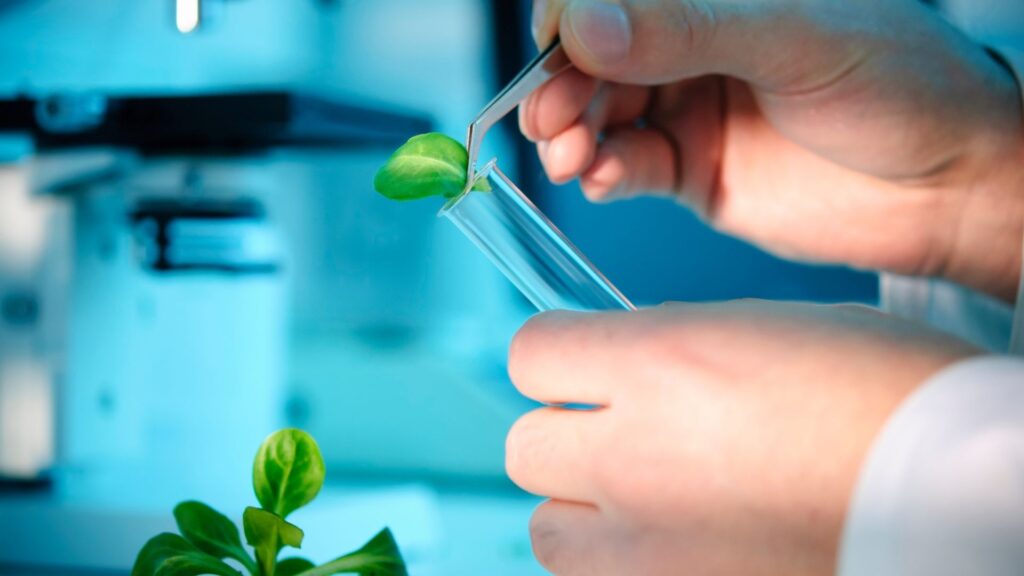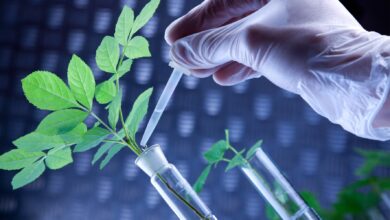Introduction
Biotechnology engineering combines biology, chemistry, physics, and engineering to create products and procedures that enhance our lives. Sounds intriguing. Imagine being able to engineer plants that are resistant to diseases or creating life-saving drugs. That’s what biotechnology engineers do. Let’s dive into this fascinating world!
History of Biotechnology
-
Early Developments
Biotechnology is not new; it’s as ancient as bread making. Remember the yeast used in baking? That’s biotechnology at work! Early humans used fermentation for food and beverage production, unknowingly laying the foundation for modern biotechnology.
-
Modern Advances
With the discovery of DNA in the 1950s and the Human Genome Project’s completion, the doors to genetic engineering were opened wide. Today, biotechnology helps in medicine, agriculture, and industry. Isn’t science incredible?
Branches of Biotech Engineering
-
Medical Biotechnology
Ever wondered how vaccines are made? Medical biotechnology deals with the development of drugs, vaccines, and therapies. It’s like having a medical toolbox at a molecular level.
-
Agricultural Biotechnology
From drought-resistant crops to nutritional enhancements, agricultural biotechnology helps farmers grow more food with fewer resources. Think of it as farming 2.0.
-
Environmental Biotechnology
Concerned about pollution? Environmental biotechnology focuses on using organisms to clean up contaminants. It’s like Mother Nature’s cleaning service!
-
Industrial Biotechnology
Want to wear sustainable clothing? Industrial biotechnology creates biofuels, bioplastics, and more, ensuring industries go green.
The Future of Biotechnology Engineering
-
Current Research & Innovations
From lab-grown meat to cancer-fighting nanobots, the future of biotechnology is bright and filled with innovations. It’s like stepping into a science fiction novel!
-
Challenges and Ethical Considerations
Every coin has two sides, and biotechnology is no exception. What are the ethical considerations? How do we balance innovation with safety? These are questions that need careful thought.
Biotech Engineering in Education
-
Courses and Degrees
Thinking of a career in biotech engineering? Universities offer various degrees, including Bachelors, Masters, and PhDs. Your future starts here!
-
Career Prospects
Biotechnology engineers are in demand in the pharmaceuticals, agriculture, and environmental sectors. Are you ready to make a difference?
Conclusion
More than just a discipline, biotechnology engineering offers a better future. From medicine to the environment, it touches every aspect of our lives. Excited about the future? So are we!
FAQs for Biotechnology Engineering
What are the career prospects in biotechnology engineering?
Opportunities abound in pharmaceuticals, agriculture, environment, and industrial sectors.
What are the ethical considerations in biotechnology?
Ethical considerations include genetic privacy, environmental impact, and safety considerations.
How has biotechnology evolved over time?
From ancient fermentation processes to modern genetic engineering, biotechnology has evolved to address contemporary needs.
Is a degree in biotechnology engineering worth it?
With growing demand and diverse applications, a degree in biotechnology engineering can be a rewarding investment.
Rate our article (Unlocking the Future: A Guide to Biotechnology Engineering)How much do you like our article







